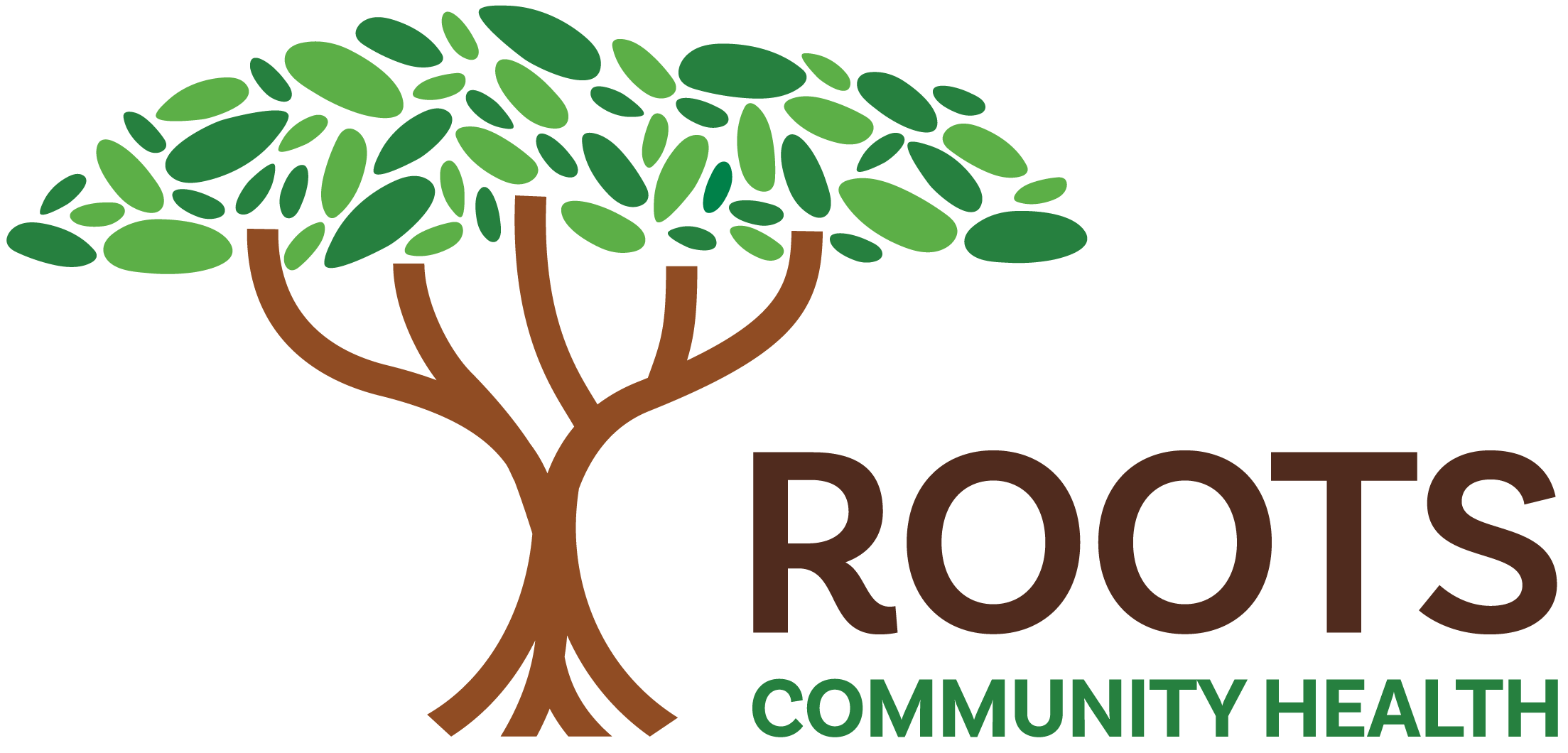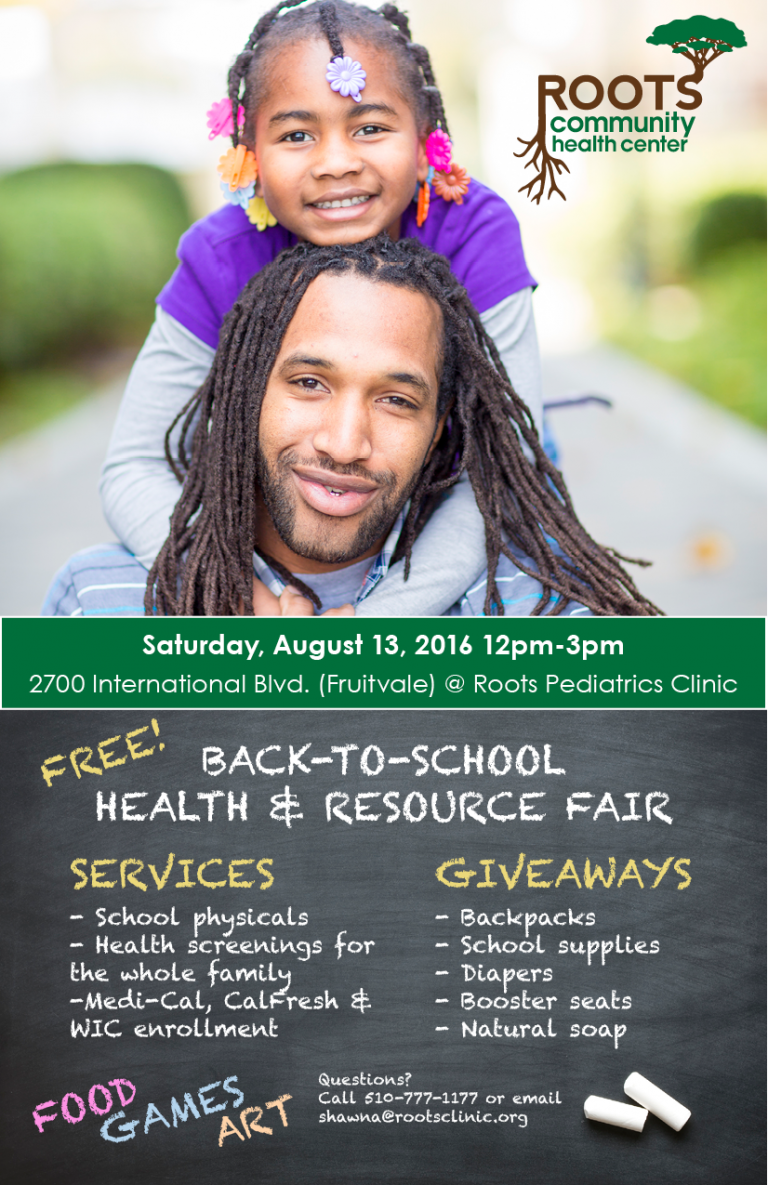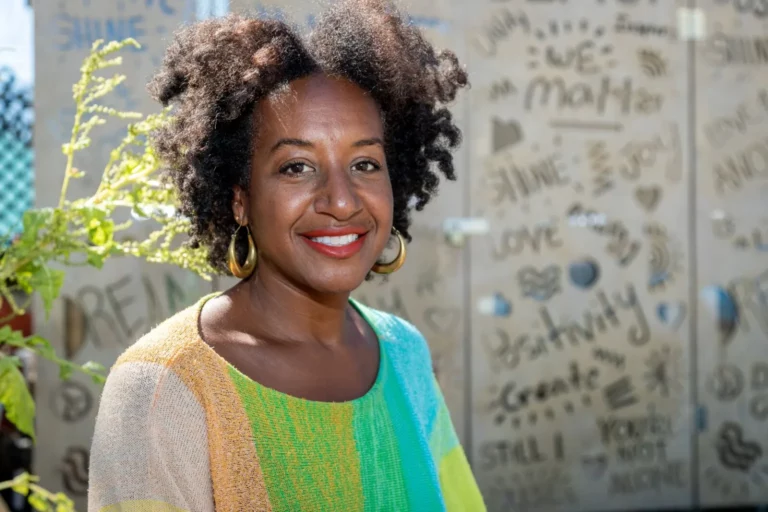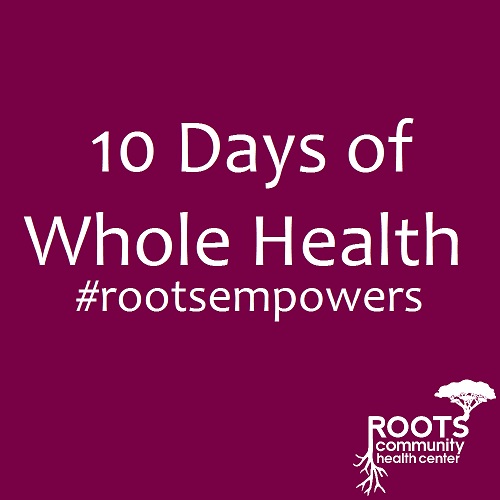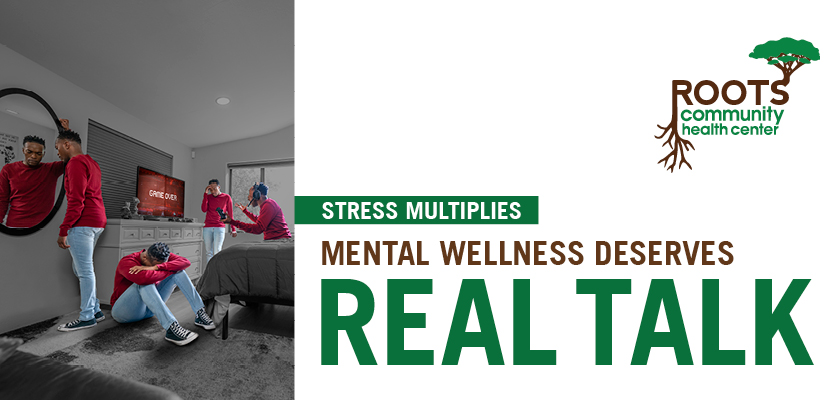Roots in the News: “Some Bay Area Immigrants Suffer Fallout of Ebola Epidemic”
Roots Community Health’s Dr. Noha Aboelata was quoted in a KQUED piece on Ebola’s impact in the Bay Area. Listen here, or read the article below!
Some Bay Area Immigrants Suffer Fallout of Ebola Epidemic

Two days before Thanksgiving, a hair-braiding salon in Berkeley is packed. But stylist Emma Kouassi says that hasn’t been the case recently.
“Since they started talking about Ebola a lot in the media,” she says, her business has dropped off. She attributes that to one fact: She’s from the West African nation of Ivory Coast. Because of the Ebola epidemic that’s struck elsewhere in that region, Kouassi says, her African roots have become an issue for some customers.
“People call and they come here and ask you, ‘Where are you from?’ and stuff. And they make appointments and don’t show up,” she says.
Kouassi isn’t alone. In downtown Oakland, Bintou Diarra, a native of Mali, has had similar experiences. She says she used to braid two or three customers’ hair every day. Now it’s two or three a week, and many potential customers grill her about her background.
“People (are) scared to come into the shop,” Diarra says. “They ask me, ‘When you came (from) Africa?’ … I said, ‘No, I’m here 20 years.’ And they say, ‘Your relatives or your friends, somebody (came) recently?’ I said, ‘No. Why you ask me?’ … ‘Because they have Ebola in Africa.’ ”
Diarra is looking for a part-time job so she can pay the rent. And she says she keeps quiet in public so people won’t hear her accent.
“If I catch the bus, I just sit down,” she says. “If I take the BART, I just go sit down. I don’t want to talk to nobody. Because I don’t want them to hear my accent, and move from me.”
Dr. Noha Aboelata, founder of East Oakland’s Roots Community Health, says the fear of Ebola has an impact on some African immigrants that goes beyond potential financial hardships.
“For immigrants who already are going through a period of adjustment … that could add to a real or perceived feeling of being discriminated against or stigmatized,” Aboelata says. “And all of these things we know lead to stress and anxiety and in fact do lead to poor health outcomes at the end of the day.”
But Aboelata is torn about how to spread the word that the community has nothing to fear. She has brochures on Ebola in her office, but doesn’t keep them in public view. The challenge is spreading the knowledge without drumming up unnecessary fears.
The African Advocacy Network, a San Francisco-based organization that helps newly arrived immigrants with legal and other support, has talked to many Africans who pretend not to have ever heard of Ebola for fear of being associated with the virus. Program coordinator Clementine Ntshaykolo says they’ve heard from taxi and Uber drivers who faced “hurtful” and “ignorant” questioning from passengers.
“That’s why it is crucial for us to start talking about the stigma now, because it is still at a level where we can contain it and change the discourse,” says Ntshaykolo.
